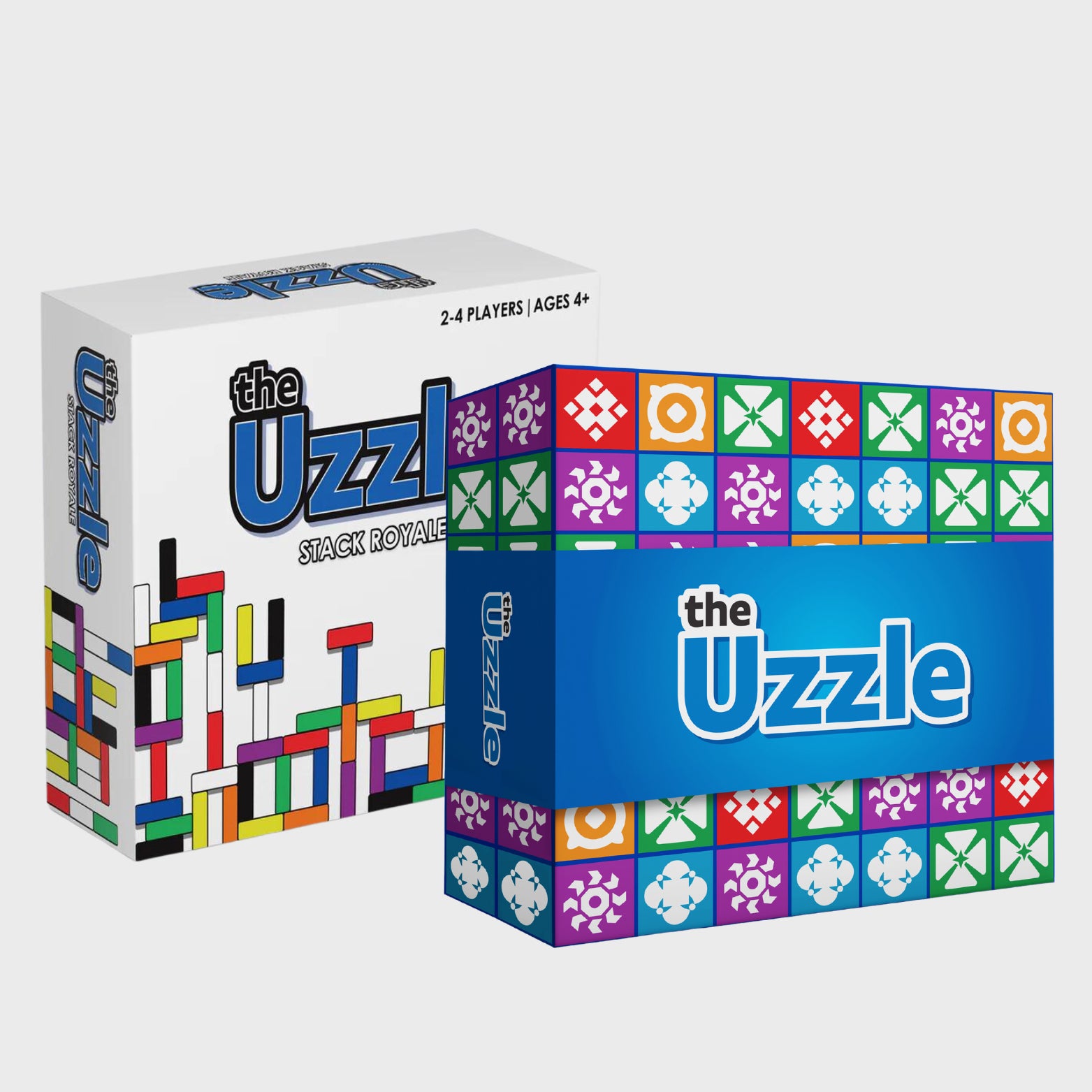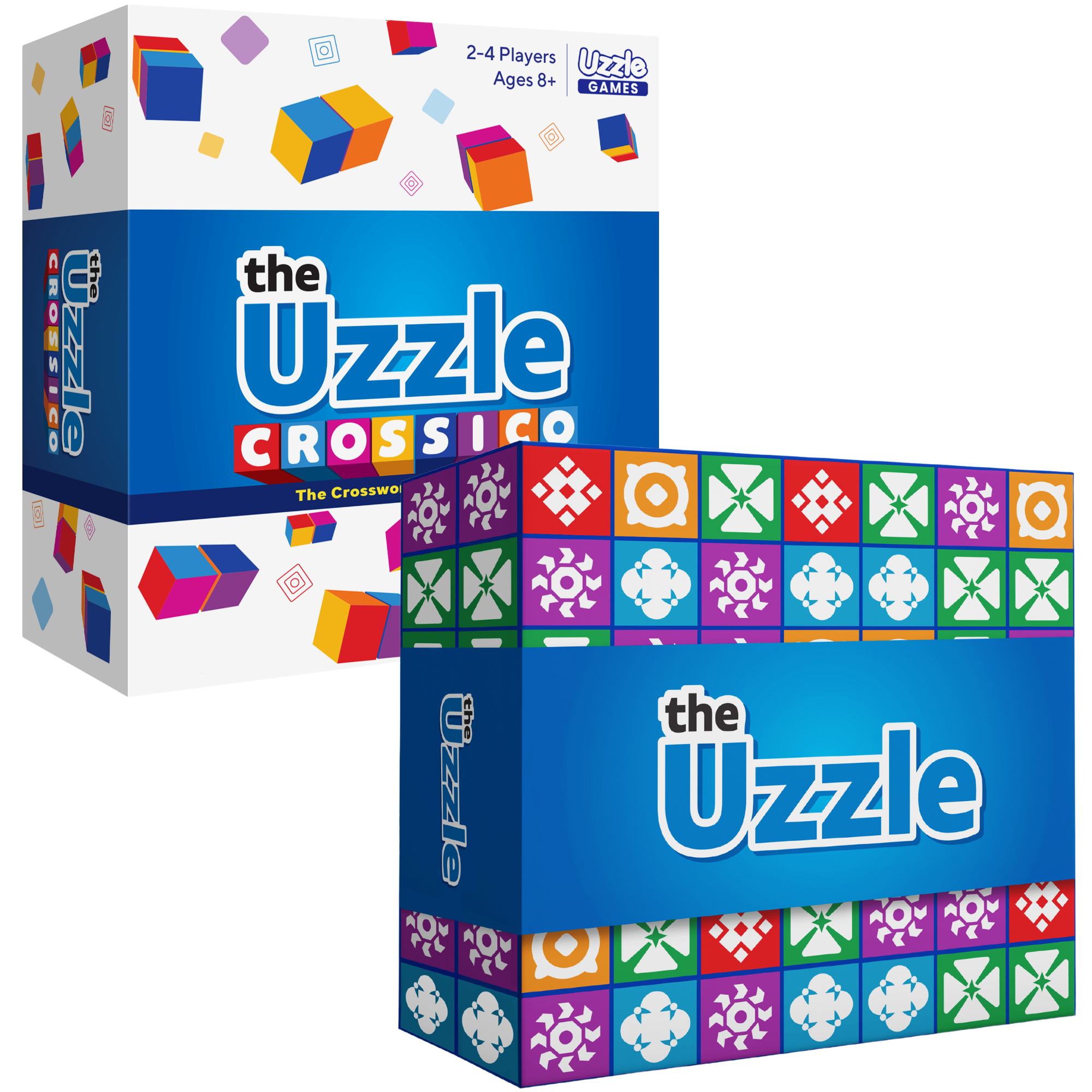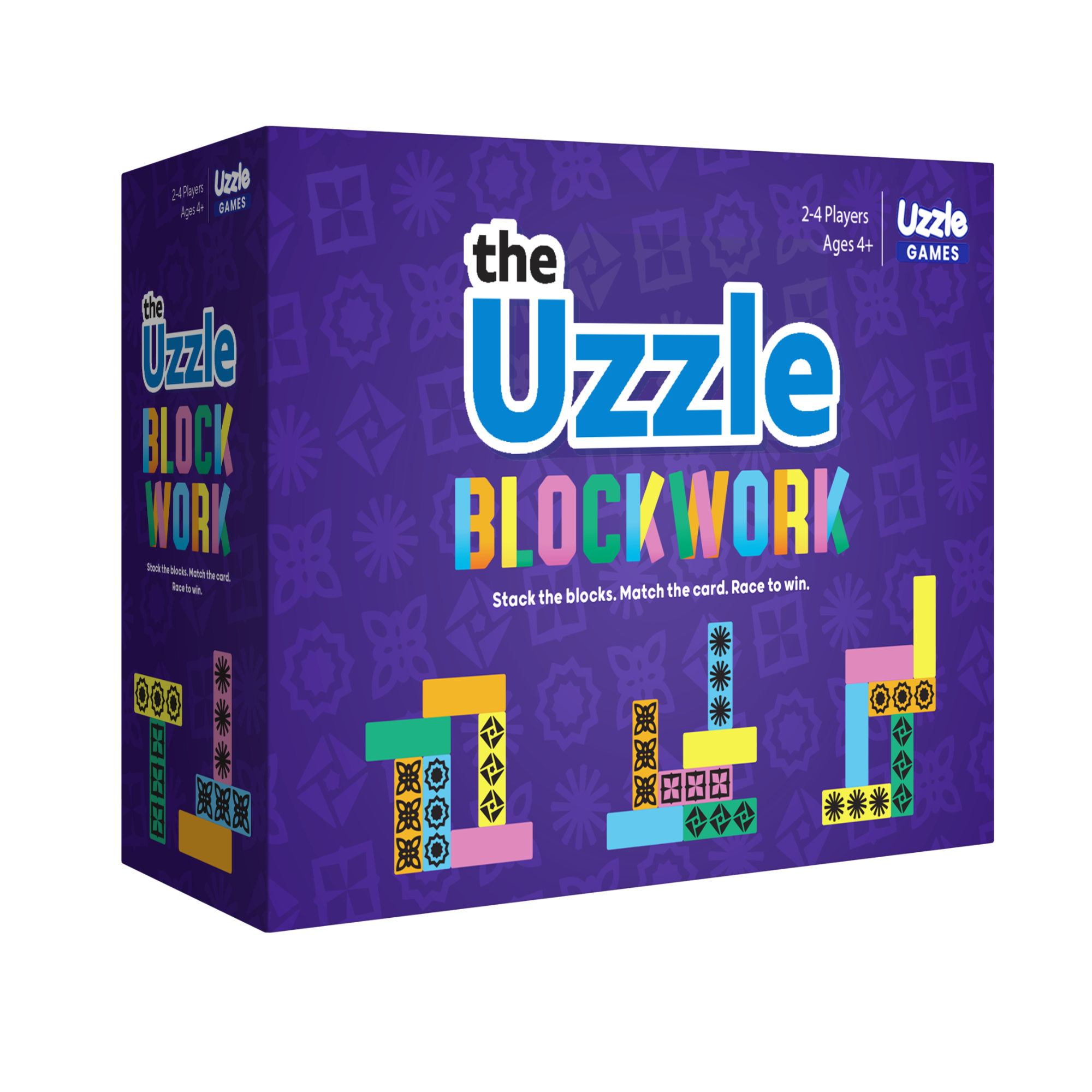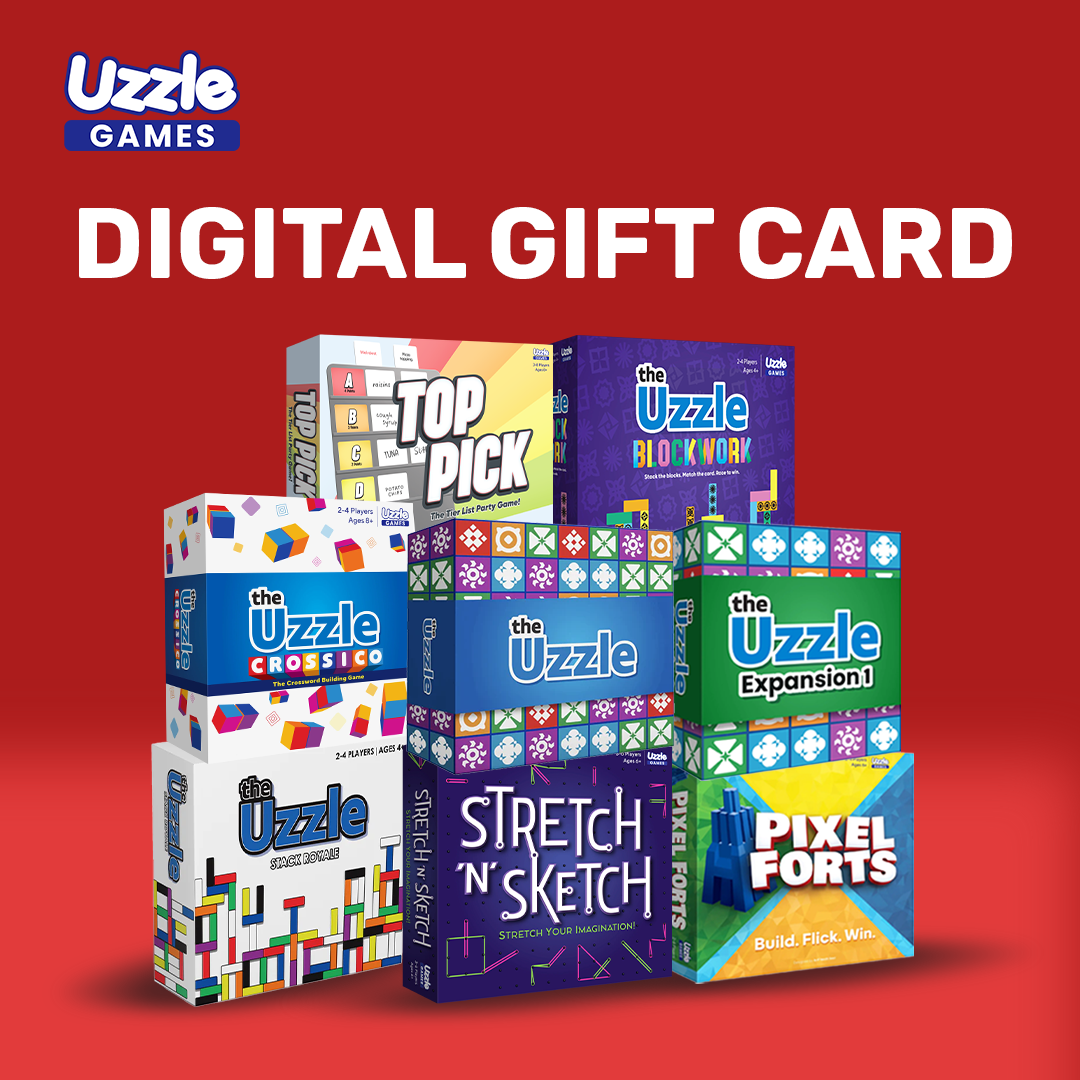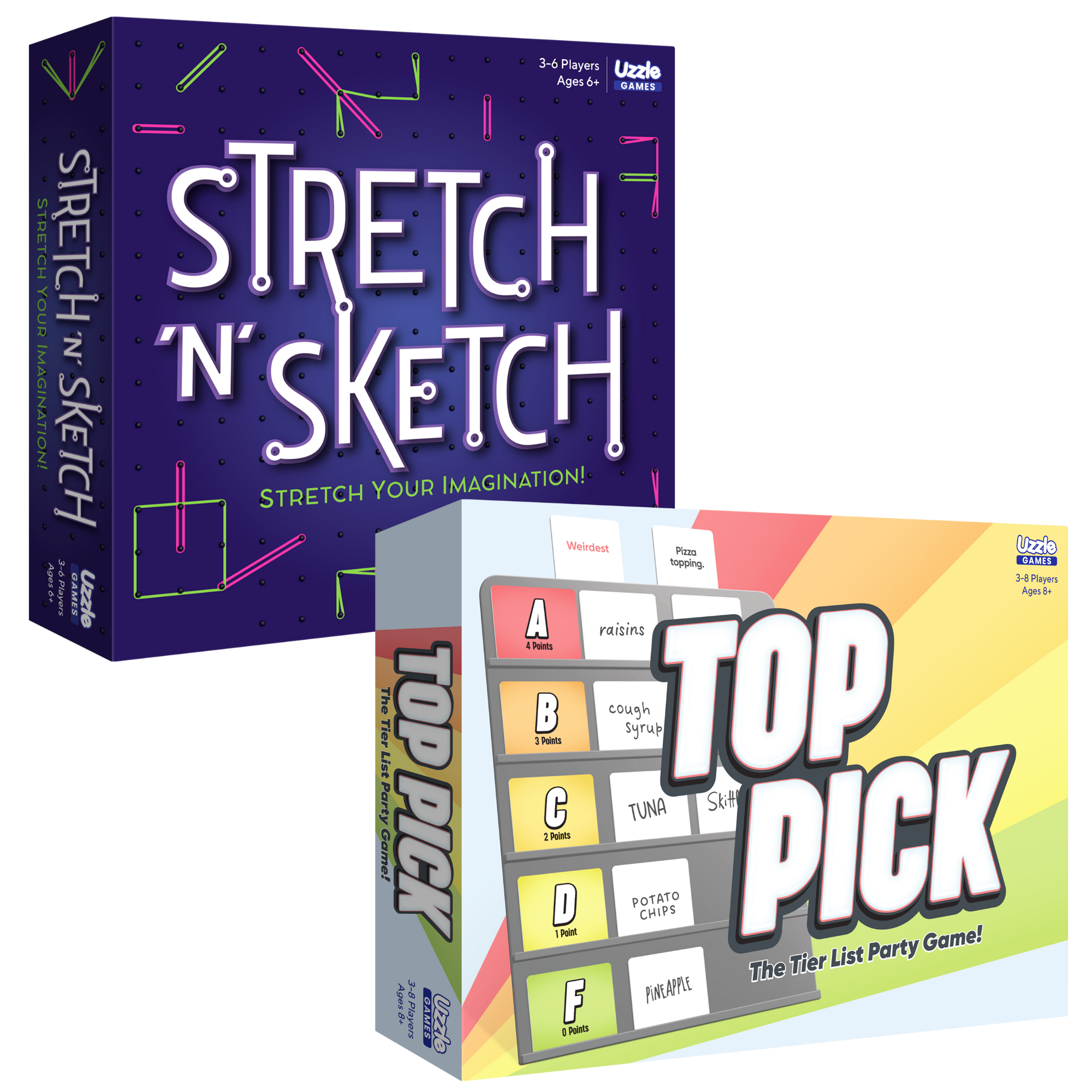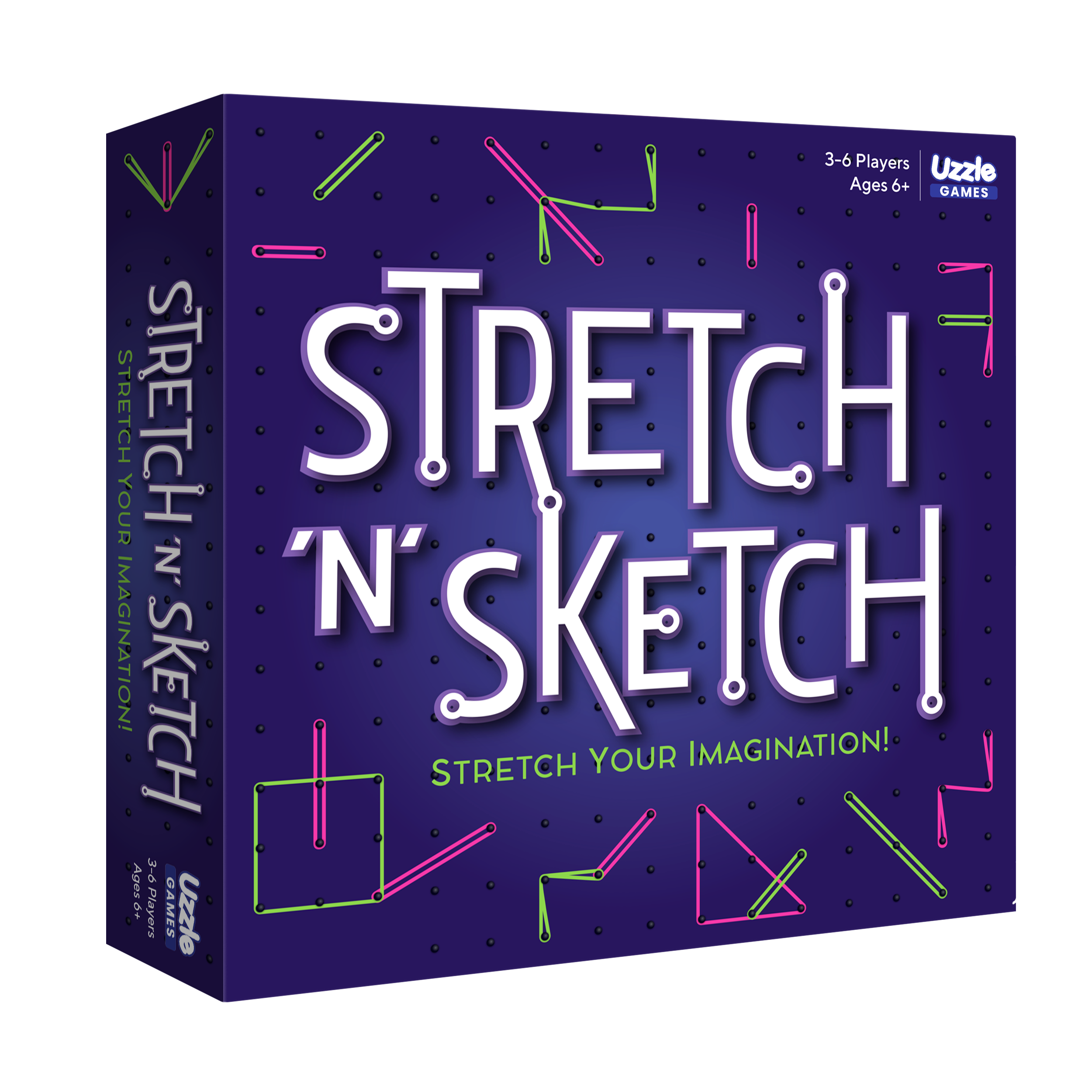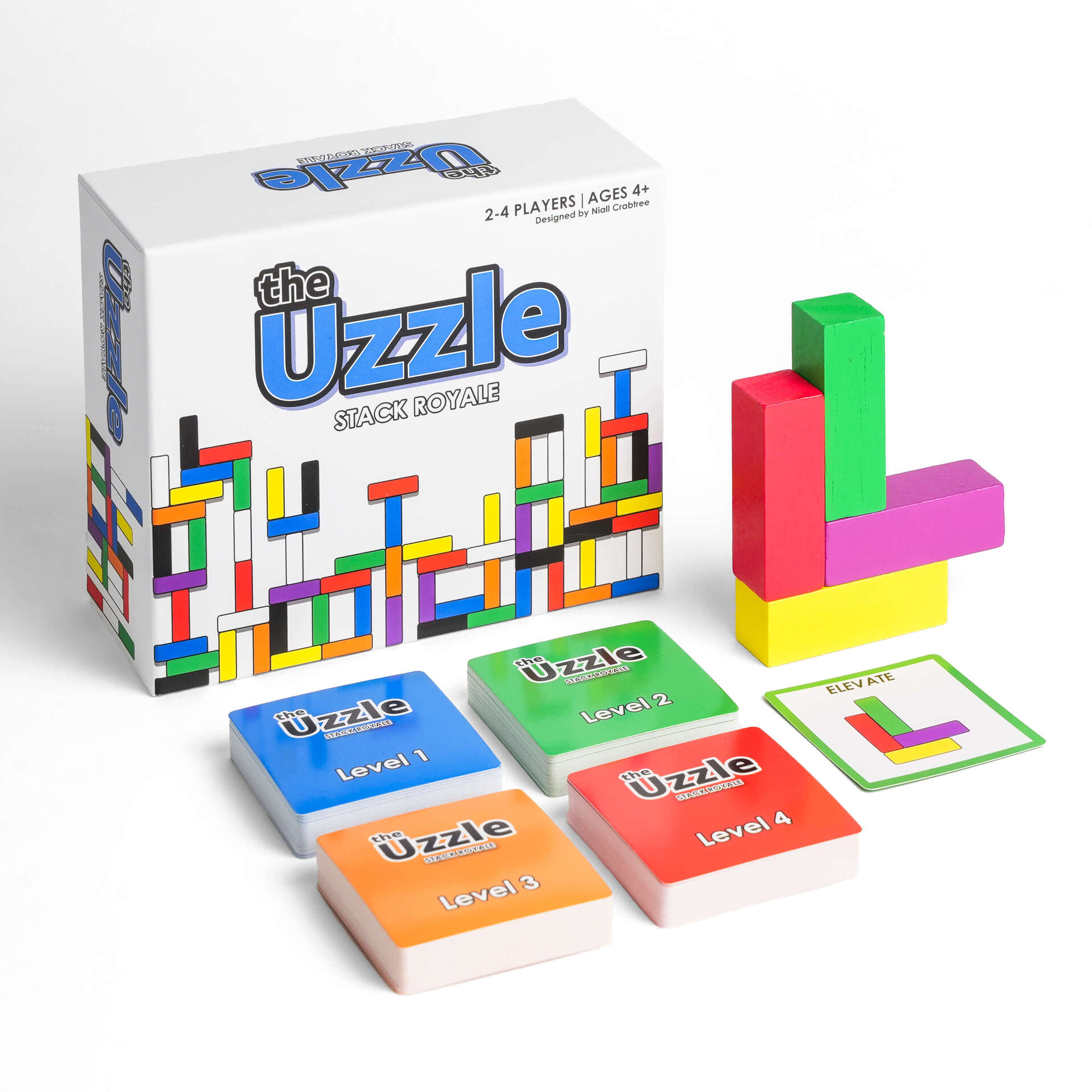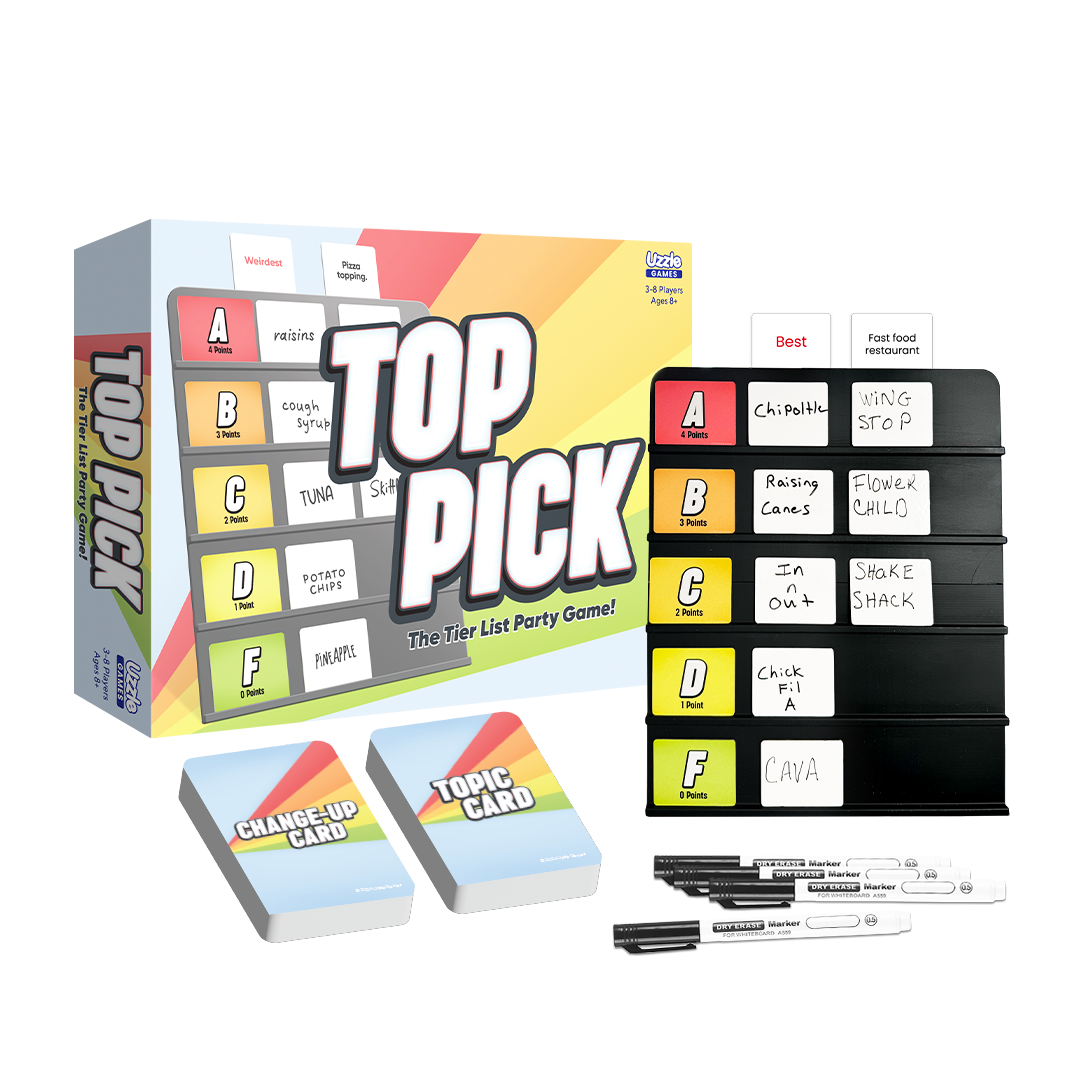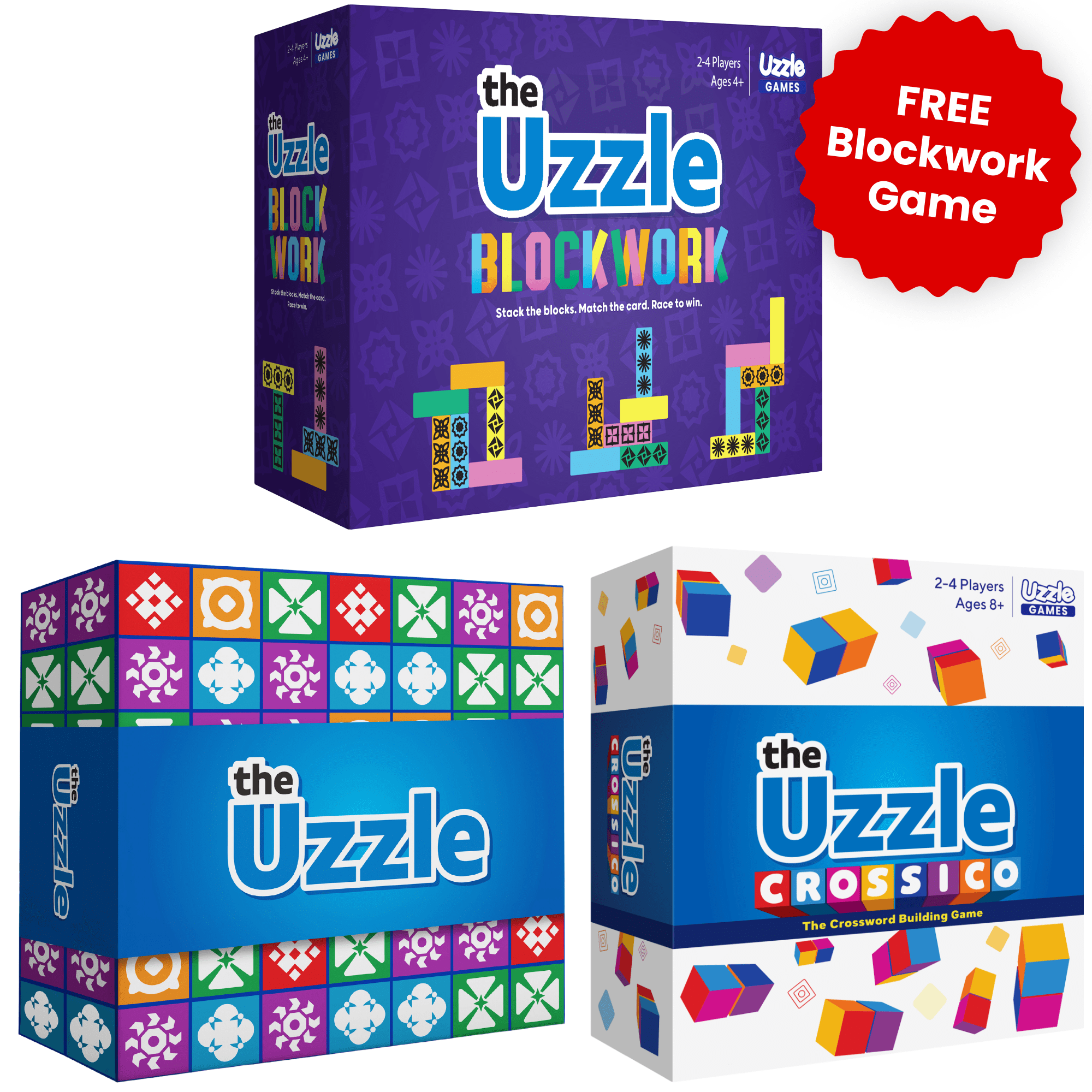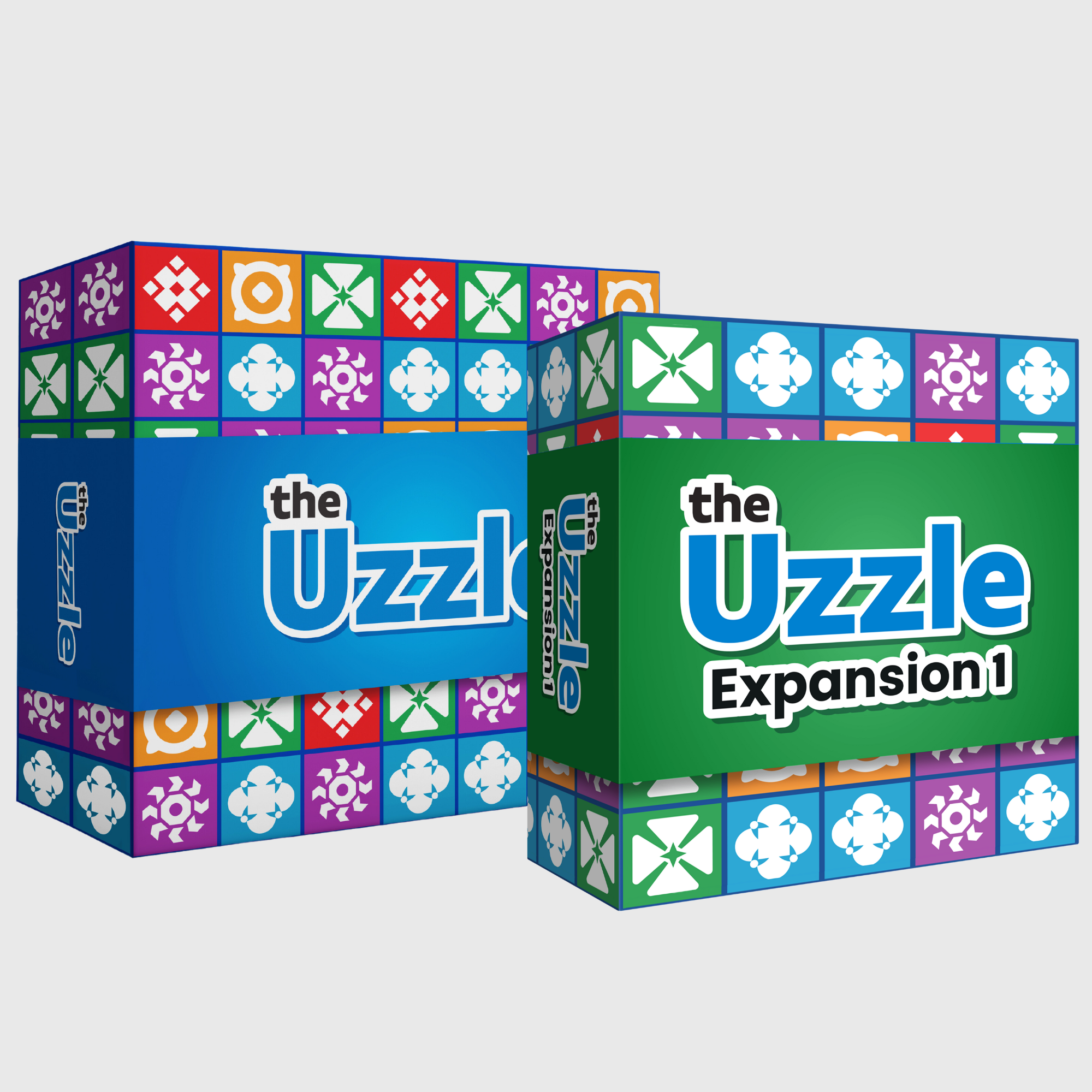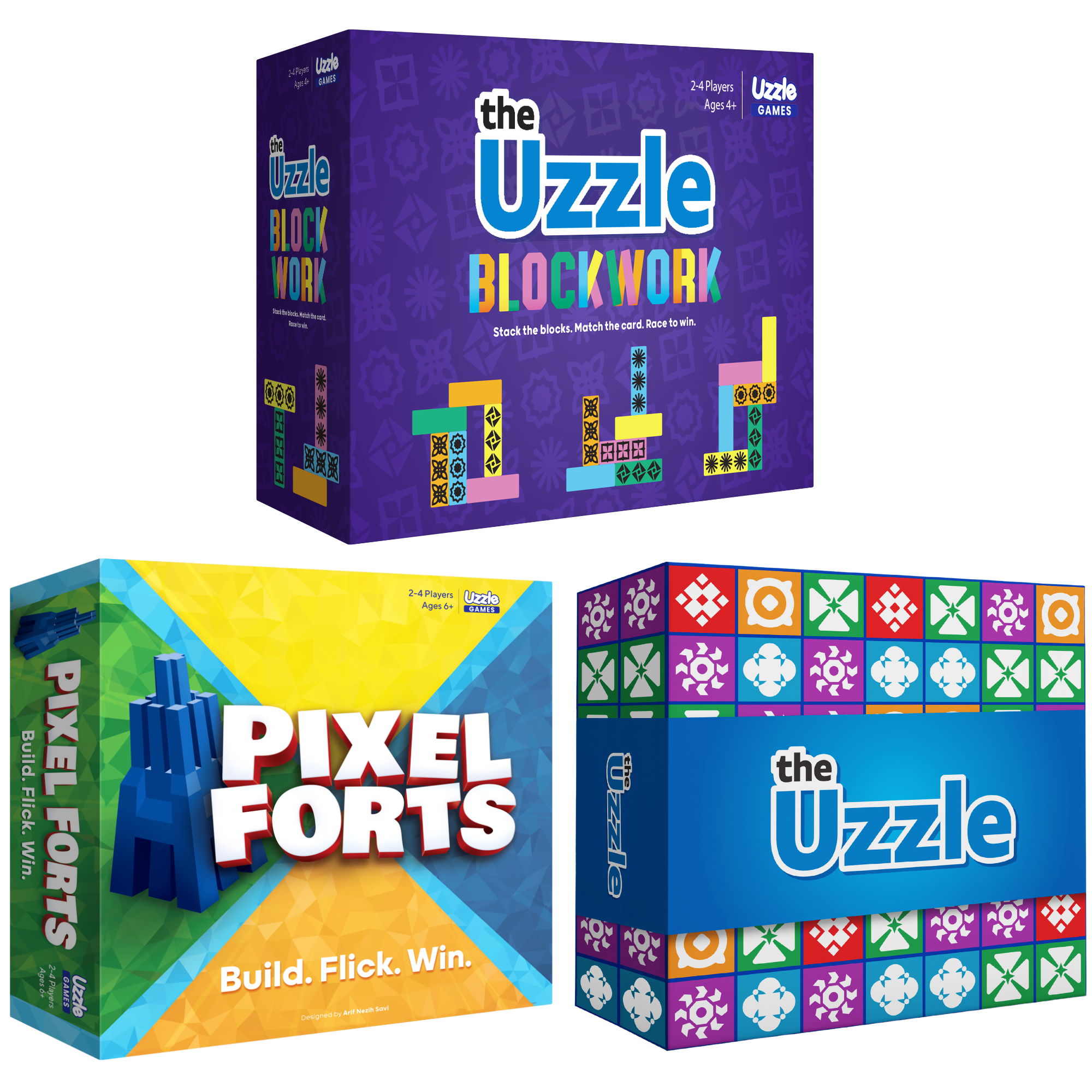Best Board Games and Puzzles for Six-Year-Olds
Best Games and Puzzles for 6-Year-Olds
Our board games and puzzles collection perfectly suits six-year-olds' developmental needs, combining age-appropriate challenges with engaging entertainment. These carefully selected activities support early learning while captivating young minds through colorful designs, simple rules, and rewarding gameplay. From cooperative games to solo puzzles, each option helps develop essential skills while providing hours of enjoyment.
Building Core Learning Skills Through Play
Six-year-olds are at a crucial stage of cognitive development, and our games and puzzles directly support key educational milestones. Each selection reinforces fundamental math concepts, reading comprehension, and problem-solving abilities through engaging play. These activities complement classroom learning while maintaining the perfect balance of challenge and achievement for early elementary students.
Developing Social and Emotional Intelligence
Board games and puzzles provide vital opportunities for six-year-olds to practice taking turns, following rules, and managing success and disappointment. These interactive experiences help children develop empathy, communication skills, and emotional regulation while having fun. Perfect for playdates or family time, these activities create natural settings for practicing cooperation and healthy competition.
Shop our other collections:
Boosting Confidence Through Achievement
Our selection helps six-year-olds build self-esteem through age-appropriate challenges they can master. Each game and puzzle offers clear objectives that children can work toward, celebrating their successes while encouraging persistence. These carefully chosen activities provide the right difficulty level to keep young players engaged and motivated, creating positive associations with learning and problem-solving.

